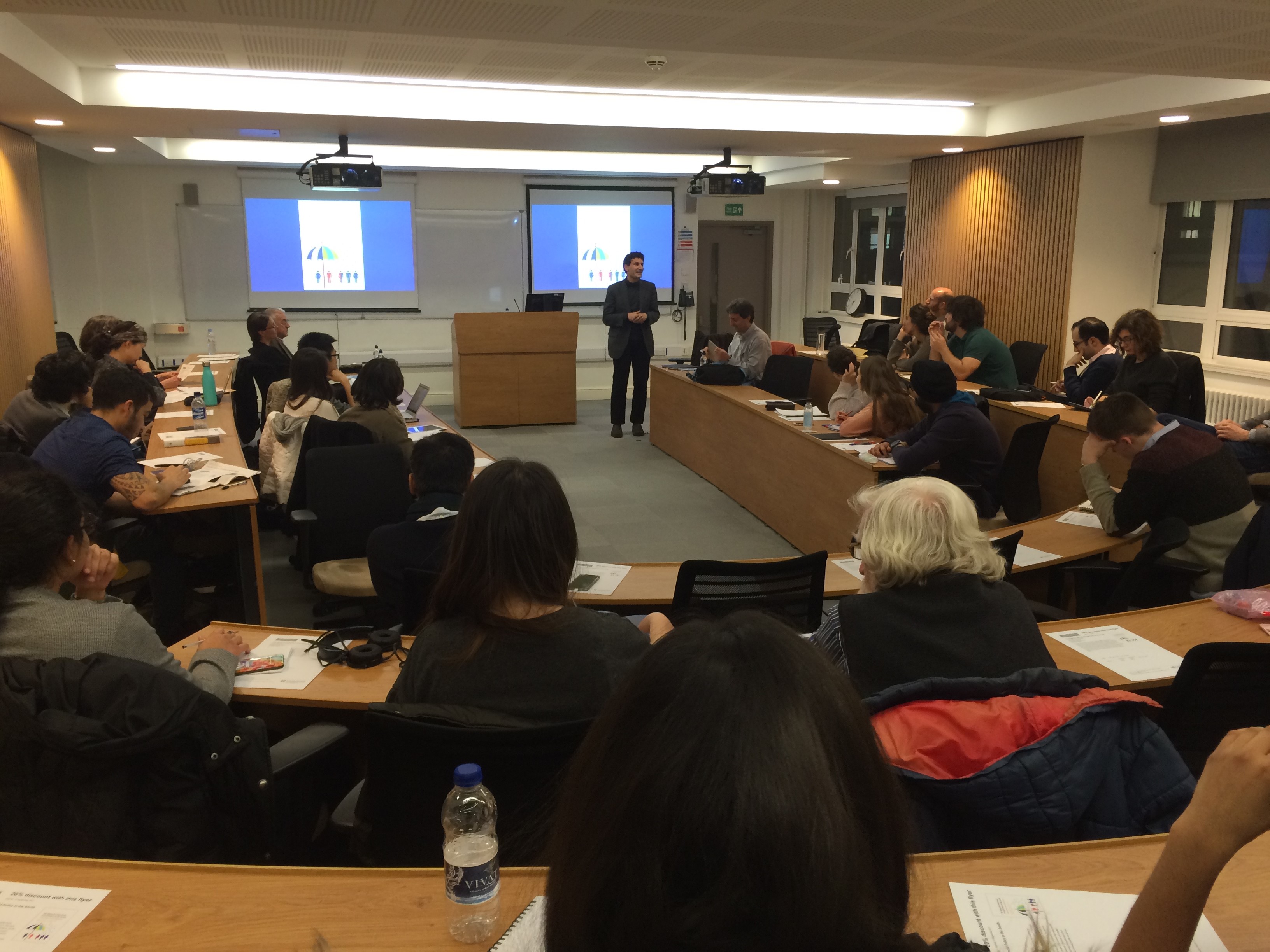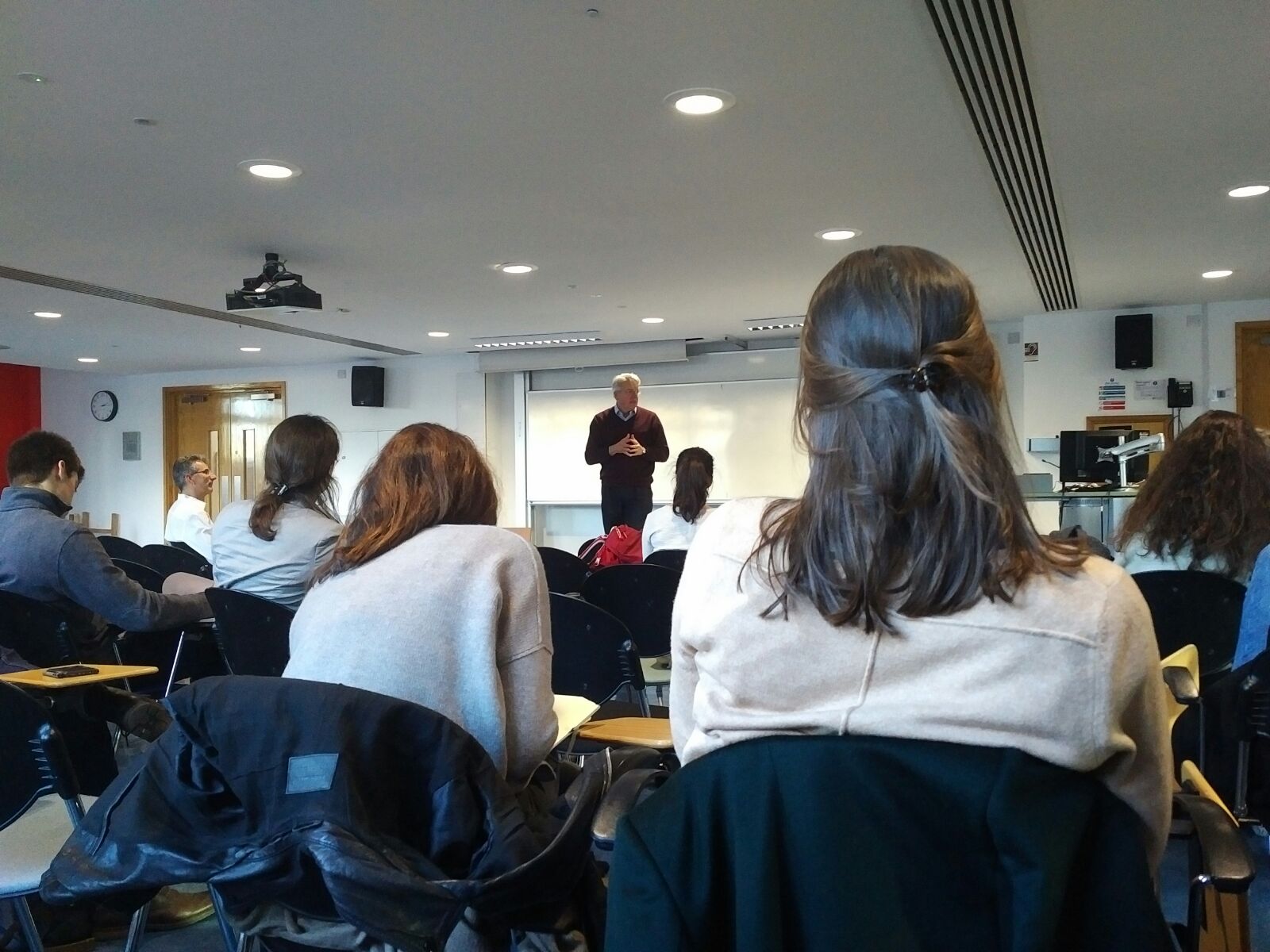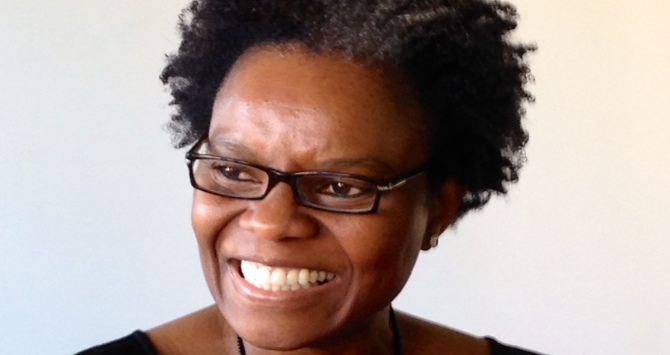George Woodhams, reflects on the Senior-level Course on Conflict and Humanitarian Response, an intensive course for humanitarian professionals taught by the Overseas Development Institute’s Humanitarian Policy Group (HPG) and staff from the Department of International Development at the London School of Economics and Political Science (LSE).
The Syrian conflict, continuing crises in Eastern Ukraine and unprecedented levels of forced displacement from fragile and failing states are all placing significant strain on the international humanitarian system. At a time when the normative framework governing international state behaviour and conflict appears at best to be under threat and at worst to have been significantly eroded, it is more important than ever to critically reflect on the challenges and opportunities for humanitarianism within conflict settings.
Co-hosted by the LSE and the Overseas Development Institute’s Humanitarian Policy Group (HPG), the senior-level course on Conflict and Humanitarian Response offered an opportunity for practitioners from across the sector to hear from policymakers and academics and to reflect on this changing landscape. Students from LSE’s International Development and Humanitarian Emergencies MSc (IDHE) were also offered an opportunity to hear from the diverse range of speakers and discuss and debate humanitarian issues with attendees. The course was structured around addressing the following four areas:
- The changing humanitarian landscape and its implications for policy and practice.
- Implications of current challenges for leadership in humanitarian action.
- How the complex nature of conflict and state fragility affect preparations for, and responses to, humanitarian crises.
- Political transition, the role of justice and security, and stabilisation approaches to complex crises.
The course featured lectures by renowned academics who’s work addresses the humanitarian system and contemporary conflict and culminated in the opportunity for attendees to present their policy recommendations to the incoming United Nation’s Under-Secretary for Humanitarian Affairs, Sir Mark Lowcock. LSE speakers included the Head of the International Development Department, Professor Tim Allen; Dr Rim Turkmani and Dr Iavor Rangelov of the Civil Society and Human Security and Research Unit; David Keen, Professor of Complex Emergencies and Dr Stuart Gordon, the IDHE Programme Director.
These speakers were joined by Dr Sara Pantuliano, Managing Director of the ODI and Christina Bennett and Sherine El Taraboulsi-McCarthy of the ODI’s Humanitarian Policy Group. External speakers, including Sir John Holmes, former UN Under-Secretary for Humanitarian Affairs and Marc Dubois, former Executive Director of MSF-UK, provided invaluable insight in to the challenges of managing large humanitarian organisations whilst a range of additional speakers addressed emerging challenges and opportunities for humanitarianism. Particular consideration was given to exploring the extent to which new technologies may contribute to humanitarian response, the barriers and enablers to developing effective partnerships with the private sector and the impact of counter-terrorism legislation on the humanitarian sector.
Unsurprisingly, the localisation agenda was discussed across many of the course topics. The diverse range of perspectives and experiences of localisation demonstrated the extent to which international policy commitments, such as those at the World Humanitarian Summit in 2016, must both reflect and inform the experience of humanitarian organisations on the ground. The divergent views regarding the future of localisation were representative of the varied opinions and perspectives that came to light during many of the debates held across the course. These discussions not only addressed humanitarian policy and practice but engaged with the complex ethical and political context within which humanitarian organisations operate.

The wealth of experience of the course attendees made for rich and stimulating discussion. Whether drawing upon experiences in South Sudan, Afghanistan or Syria, in roles that traversed policymaking, frontline work and funding, the contribution of attendees complimented, and at times challenged, the presentations from academics and policymakers. With such a well thought through agenda, this aspect of the course grew from strength to strength as we addressed the broad array of issues that organisations engaged in humanitarian response to conflict face.
For those IDHE students in attendance, the course was a fantastic opportunity to hear practitioners reflect on many of the issues that we have considered across the MSc programme. The course highlighted the heterogeneity of the humanitarian system, the diversity of practices and approaches and the extent to which each humanitarian emergency presents a unique set of challenges. It also highlighted the extent to which the sector can benefit from sharing lessons learned from these distinct experiences and the value in bringing policymakers and practitioners together.
As the 2016-17 IDHE cohort come towards the end of the programme, the course also offered an invaluable opportunity to engage with humanitarian professionals, to understand more about the distinct roles and responsibilities within the sector and to reflect on our potential professional pathways after graduation. With such a diverse range of organisations in attendance, the course leaves us with much to reflect upon. One thing is for certain, wherever our careers take us, the opportunity to take time to pause and reflect on the principles and purpose of the humanitarian response to conflict will always be of value.
George Woodhams is currently completing an MSc in International Development and Humanitarian Emergencies at the LSE. He is particularly interested in engaging with the political and ethical debates that emerge from the increased use of digital technologies in humanitarian response. He holds an undergraduate degree in Social and Political Sciences from the University of Cambridge and previously worked within the Cabinet Office and at Chatham House, the Royal Institute of International Affairs.
The views expressed in this post are those of the author and in no way reflect those of the International Development LSE blog or the London School of Economics and Political Science.





